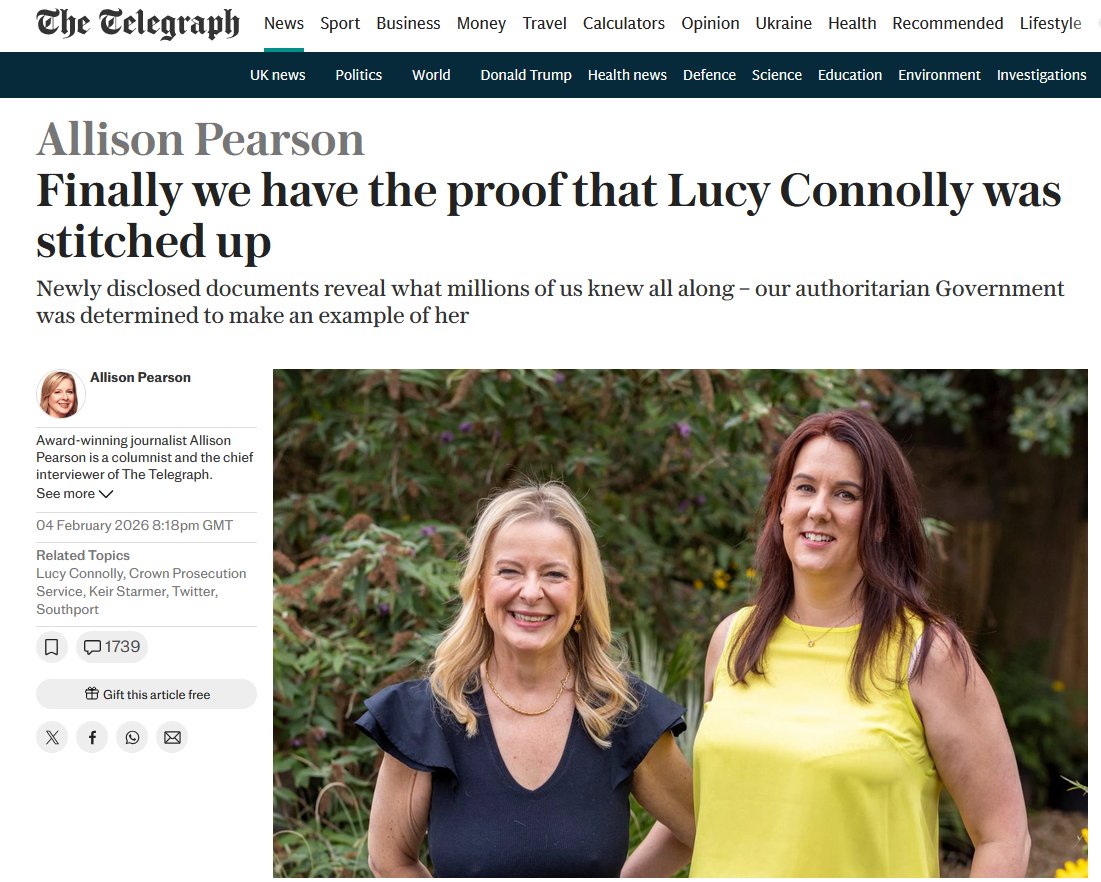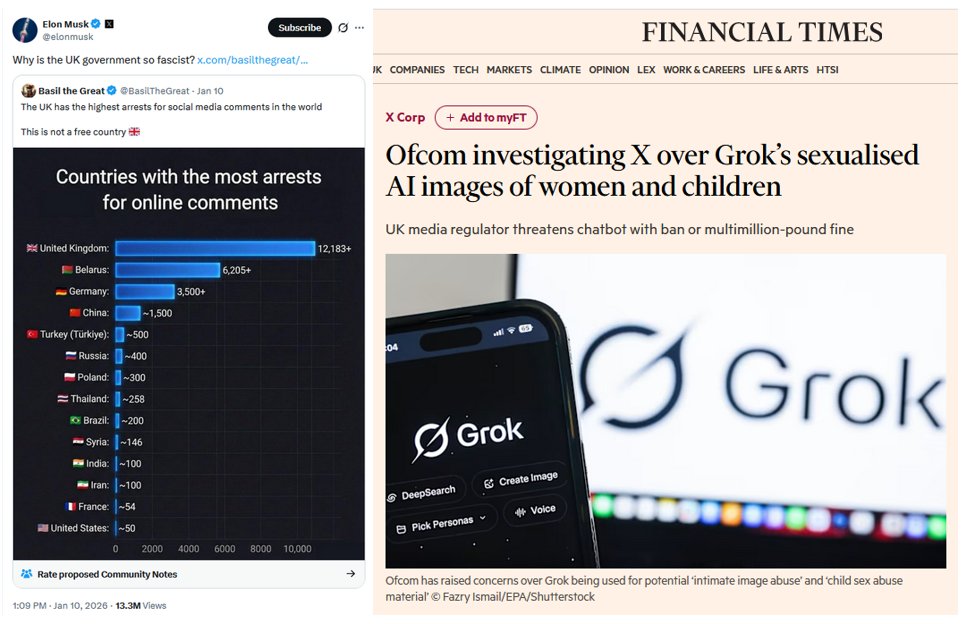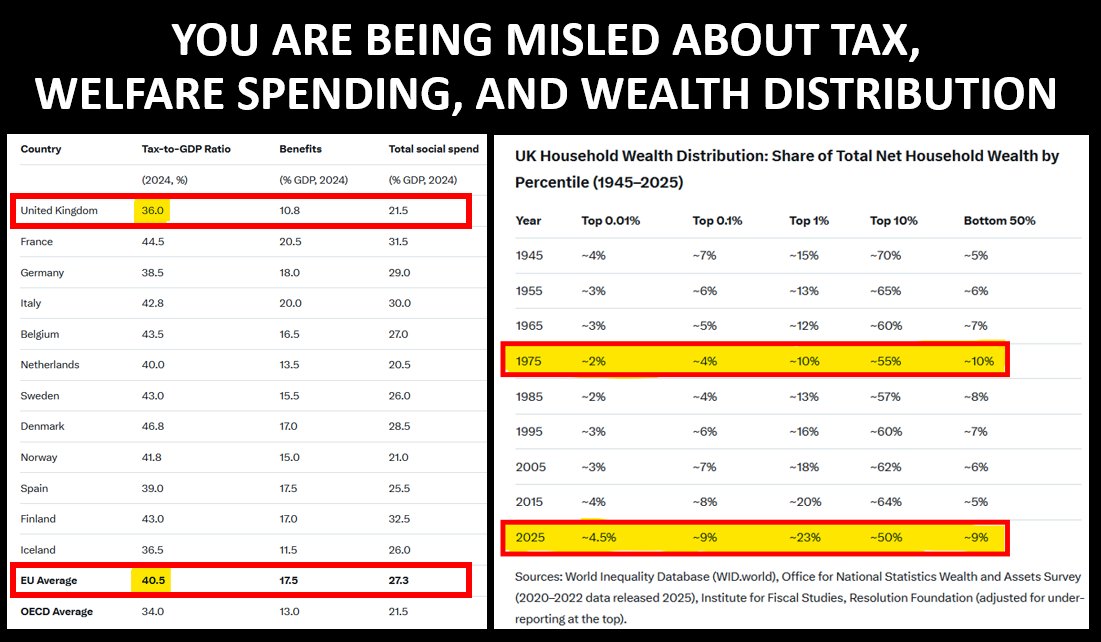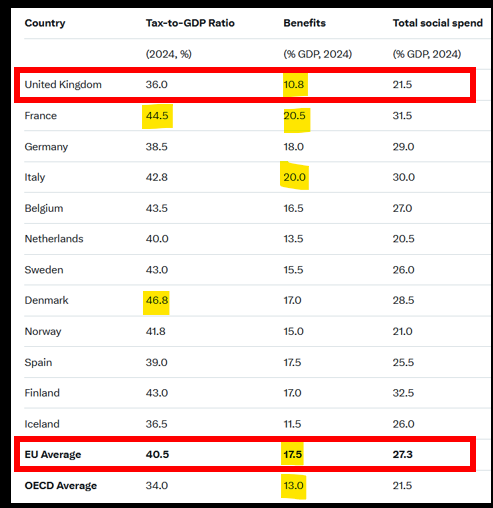A THREAD on disturbing fascist tendencies in Britain, which should concern us all.
Cosmopolitan conservatives often support international cooperation & admired elite culture in other countries, but throughout history, Fascists espouse extreme nationalism & cultural parochialism.
Cosmopolitan conservatives often support international cooperation & admired elite culture in other countries, but throughout history, Fascists espouse extreme nationalism & cultural parochialism.
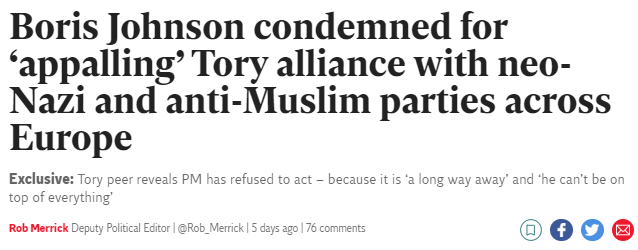
Fascist ideologues teach that national identity is the foundation of individual identity & should not be corrupted by foreign influences, especially if they are left-wing.
For example, Nazism condemned Marxist & liberal internationalisms as threats to German national unity.
For example, Nazism condemned Marxist & liberal internationalisms as threats to German national unity.
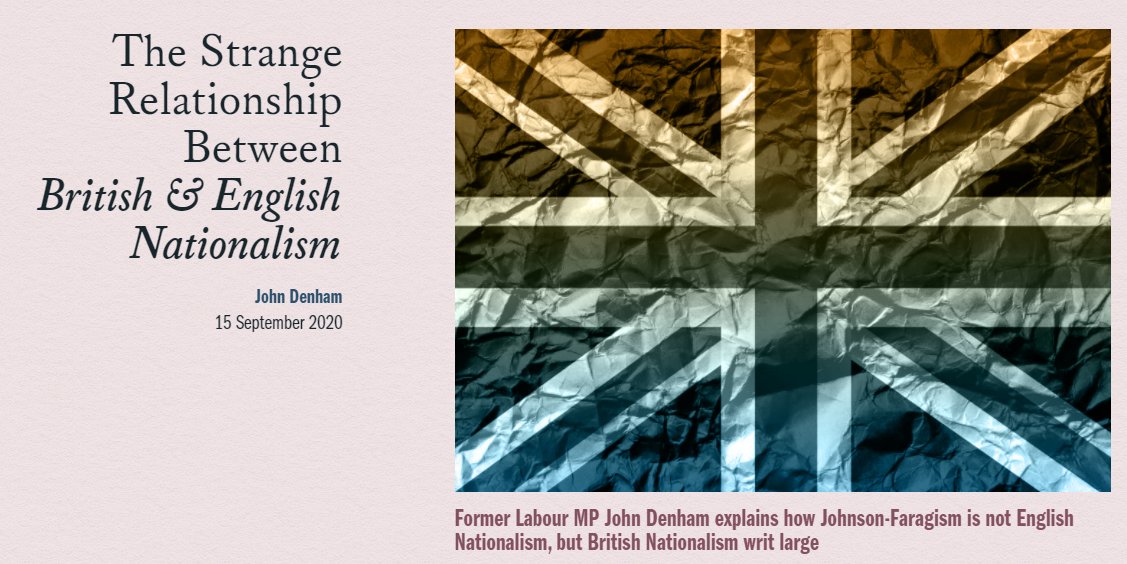
Fascists in general want to replace internationalist class solidarity with nationalist class collaboration.
Unlike democratic conservatives, fascists accuse their political opponents of being less “patriotic” than they, sometimes even labeling them “traitors.”


Unlike democratic conservatives, fascists accuse their political opponents of being less “patriotic” than they, sometimes even labeling them “traitors.”

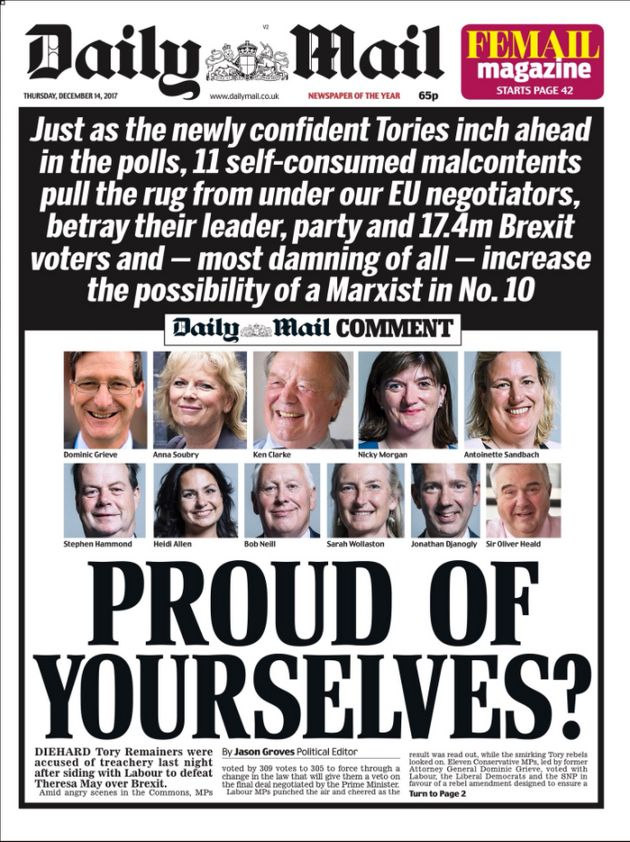

In France, immigrants - particularly left-wing ones - were special targets of fascist nationalism.
Jean Renaud demanded that all foreigners seeking residence in France be rigorously screened & that the unfit be denied entry “without pity”.

Jean Renaud demanded that all foreigners seeking residence in France be rigorously screened & that the unfit be denied entry “without pity”.
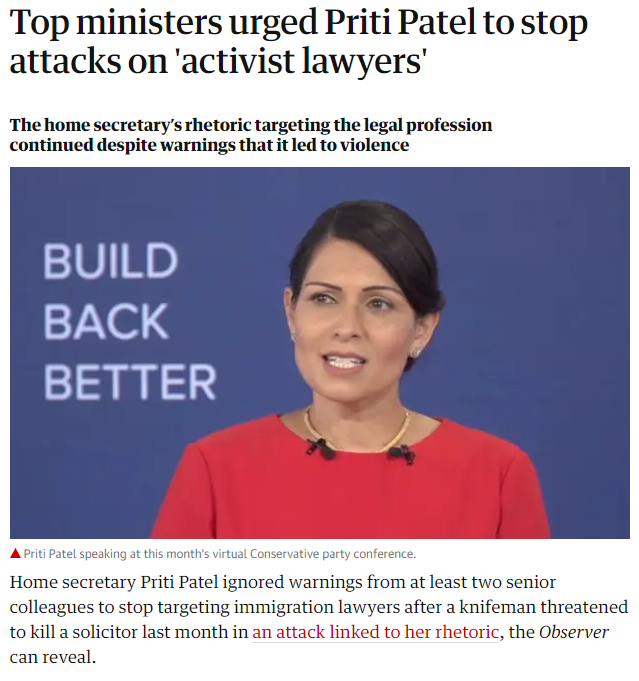

Scapegoating
Fascists often blamed their countries’ problems on scapegoats: Jews, Marxists, and immigrants were prominent among the groups that were demonized - groups which Farage has regularly demonized & scapegoated for at least a decade.



Fascists often blamed their countries’ problems on scapegoats: Jews, Marxists, and immigrants were prominent among the groups that were demonized - groups which Farage has regularly demonized & scapegoated for at least a decade.
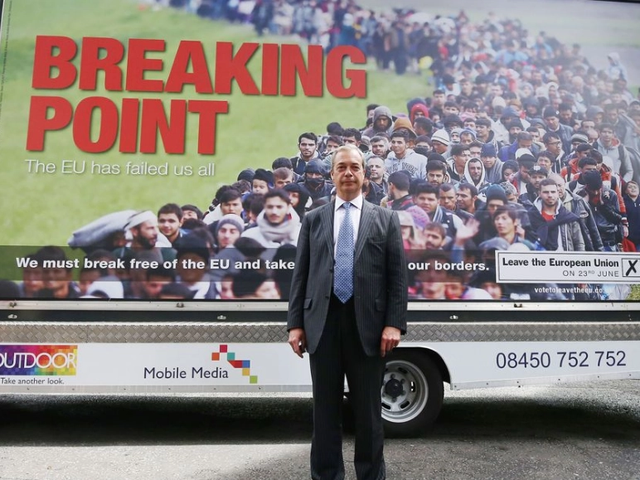
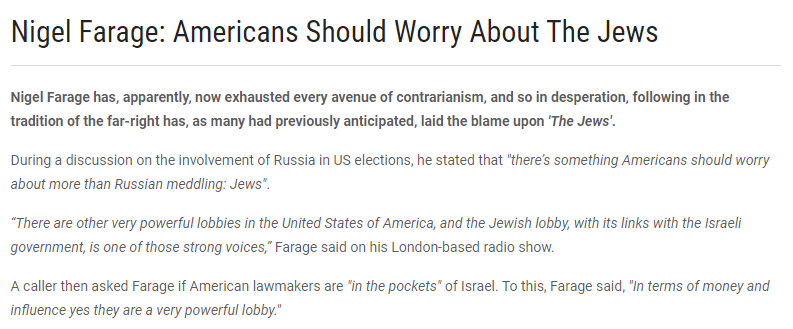
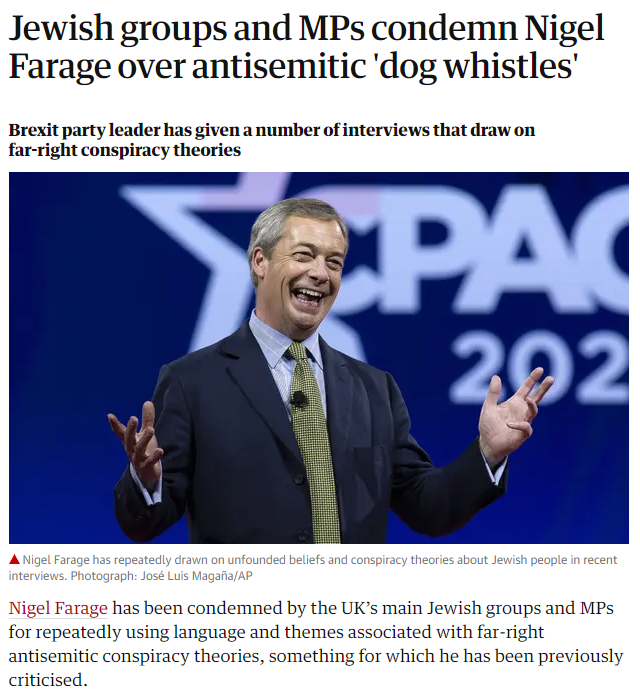
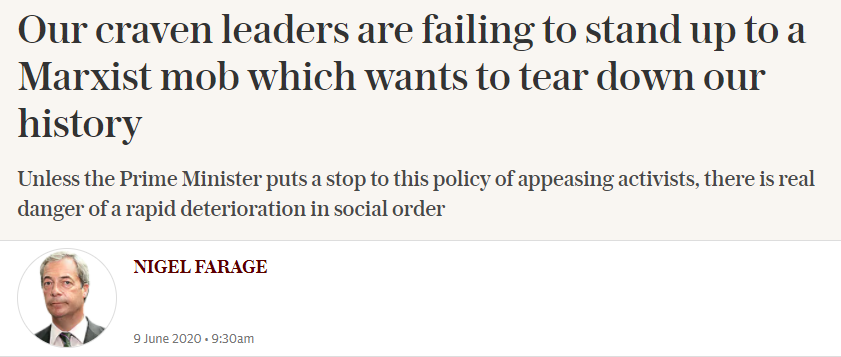
Fascists praised the Volk (the people as an ethnic or national group) & pandered to populist anti-intellectualism.
Fascists encourage anti-intellectualism, which we see playing out especially in the dismissal of experts & a range of humanities & sociological theories.


Fascists encourage anti-intellectualism, which we see playing out especially in the dismissal of experts & a range of humanities & sociological theories.
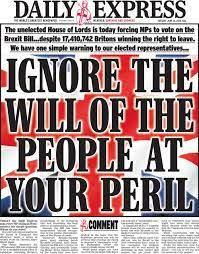
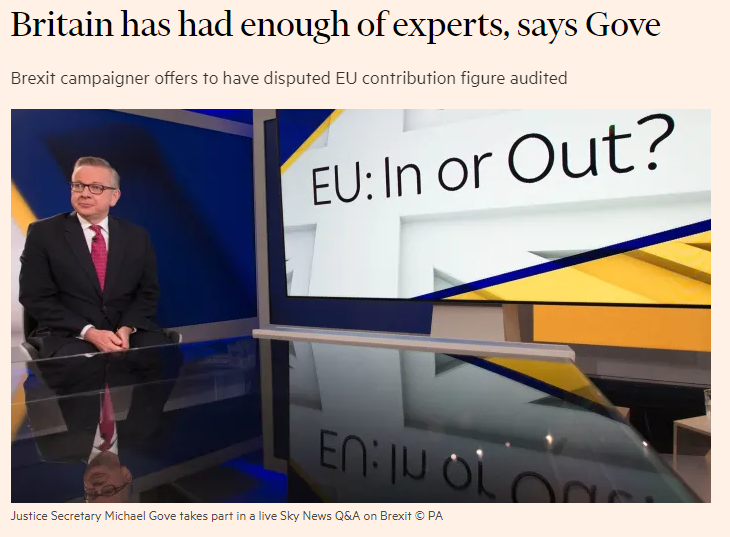
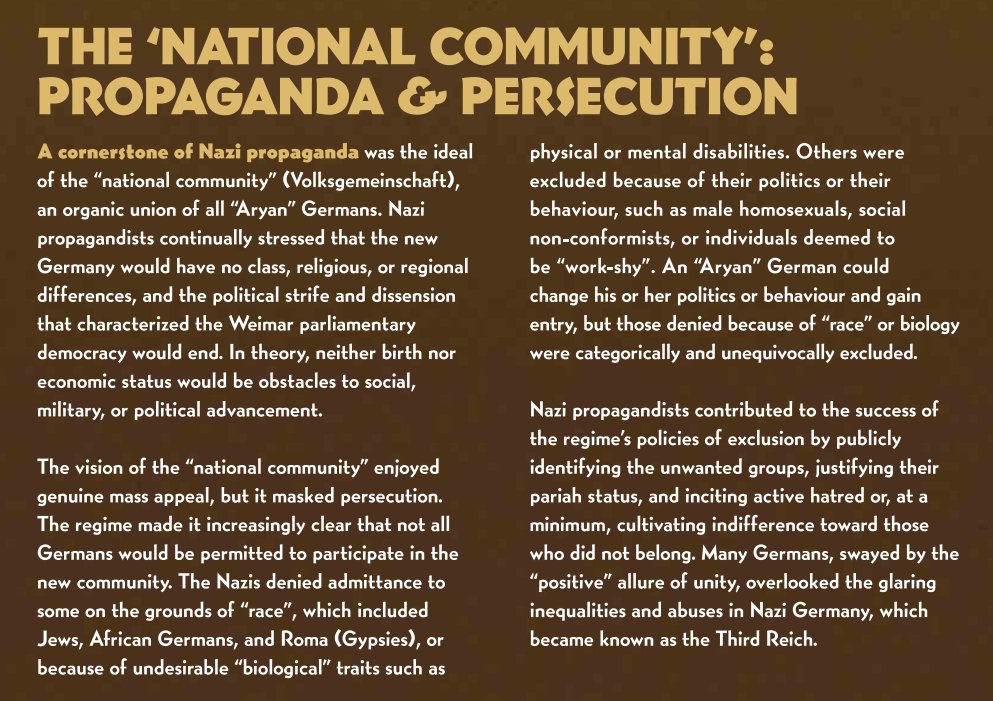
Unlike left-wing populism, fascist populism doesn't suggest workers’ hardships may be to do with big business or the grotesquely wealthy, does not advocate progressive taxation, higher workers' pay, union rights, or the right to strike, & it spares the wealth of the upper class. 

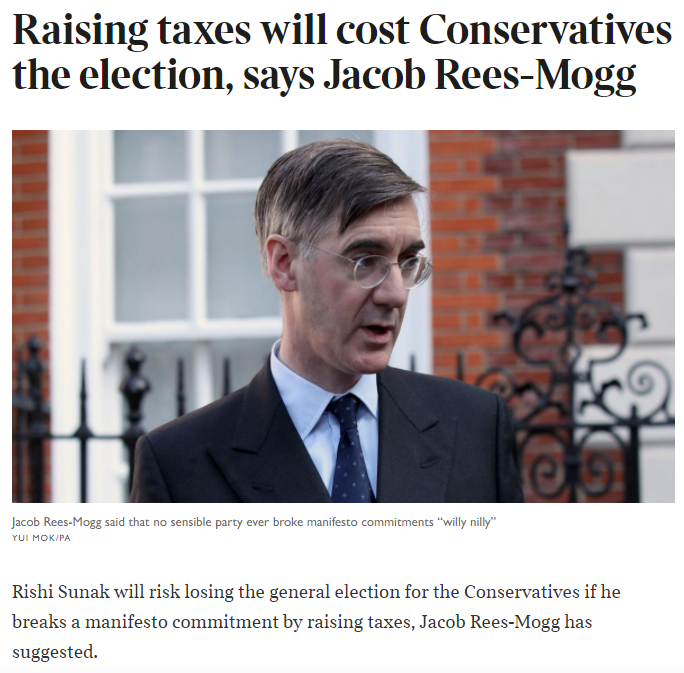
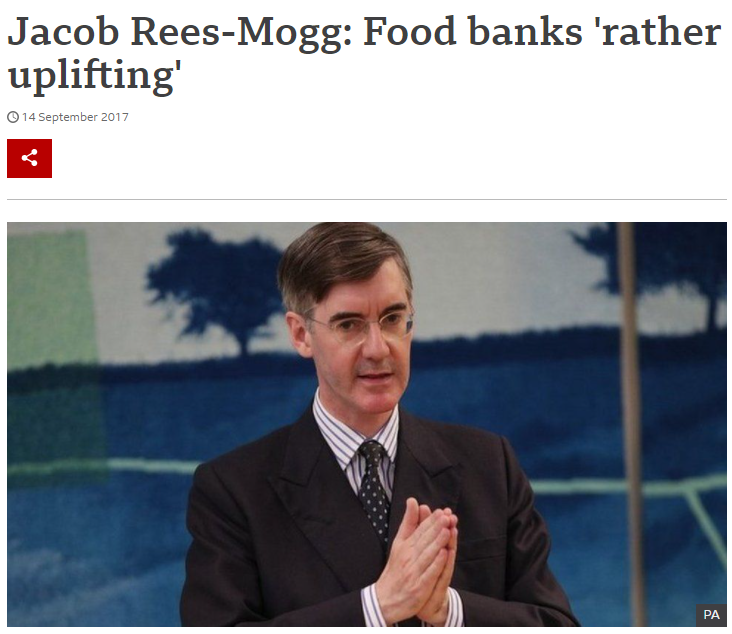
Fascists pander to antiurban feelings. Just like UKIP & the @Conservatives, the Nazis won most of their electoral support from rural areas & small towns.
In Nazi propaganda the ideal German was a simple peasant, & intellectualism was considered a threat to the Volk soul.

In Nazi propaganda the ideal German was a simple peasant, & intellectualism was considered a threat to the Volk soul.

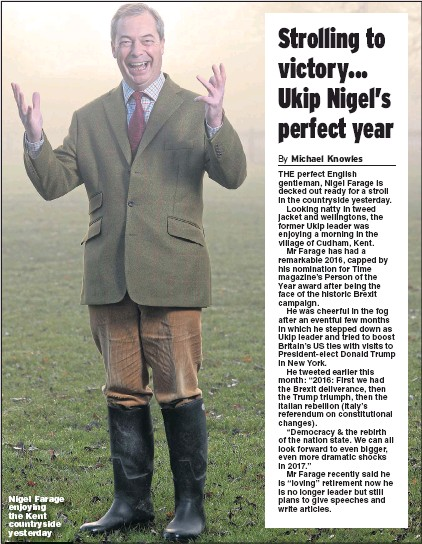
Jews were often portrayed & condemned as quintessential city dwellers. Romanian fascism relied heavily on the support of landed peasants who distrusted the “wicked” city. The agrarian wing of Japanese fascism praised the peasant soldier & denigrated the industrial worker. 

Under fascist regimes women are urged to perform traditional gender role as wives & mothers & to bear many children for the nation.
Mussolini severely restricted women’s access to jobs outside the home & the Nazis forbade female party members from giving orders to male members.
Mussolini severely restricted women’s access to jobs outside the home & the Nazis forbade female party members from giving orders to male members.
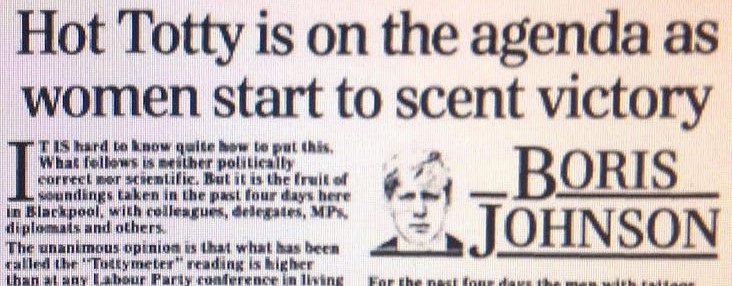
Although not all fascists believed in biological racism, it plays a central role in the actions of those who did.
Nazism was viciously racist, especially in its attitude toward Jews.
Contemporary references to 'Cultural Marxism' amplify antisemitic conspiracy theories.

Nazism was viciously racist, especially in its attitude toward Jews.
Contemporary references to 'Cultural Marxism' amplify antisemitic conspiracy theories.
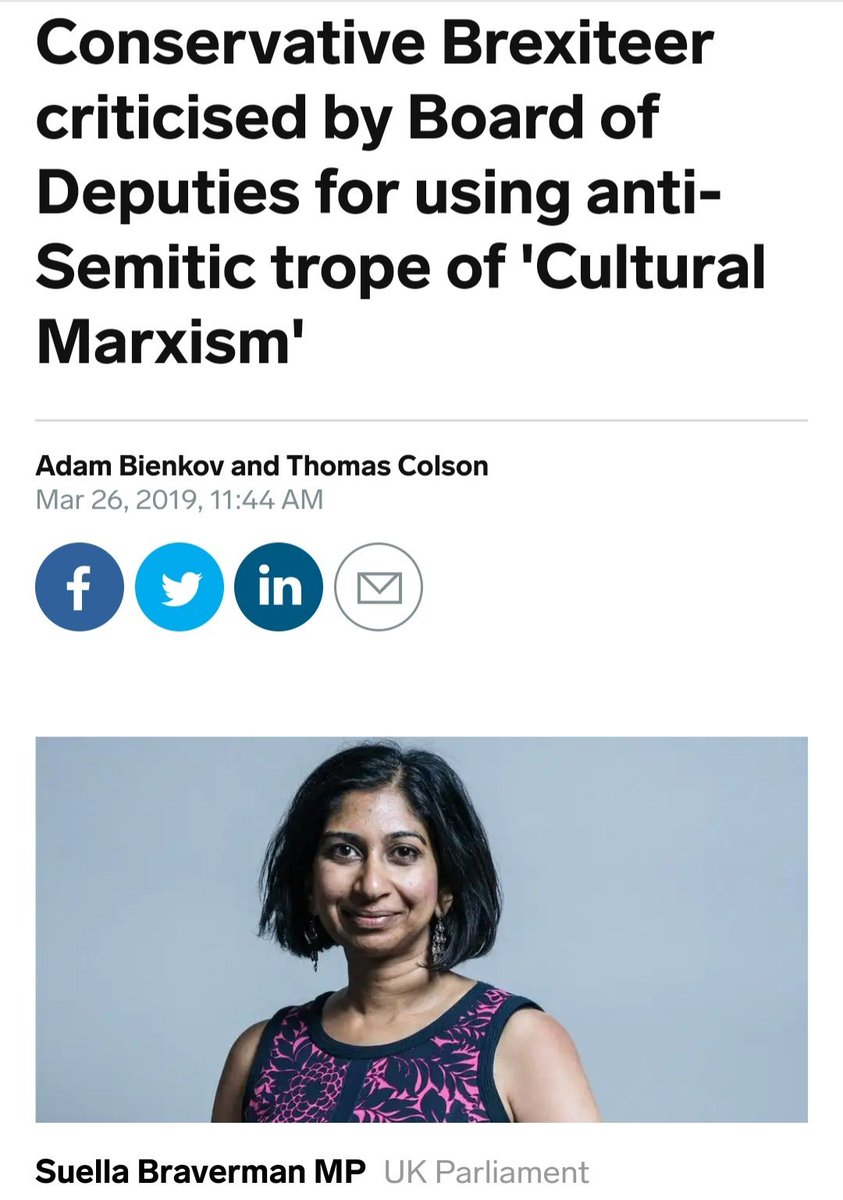

Fascist movements in Poland, Spain, Portugal, France, Austria, Hungary, Croatia, Bolivia, Argentina, Chile, and Brazil all portrayed themselves as defenders of Christianity and the traditional Christian family against atheists and amoral humanists. 
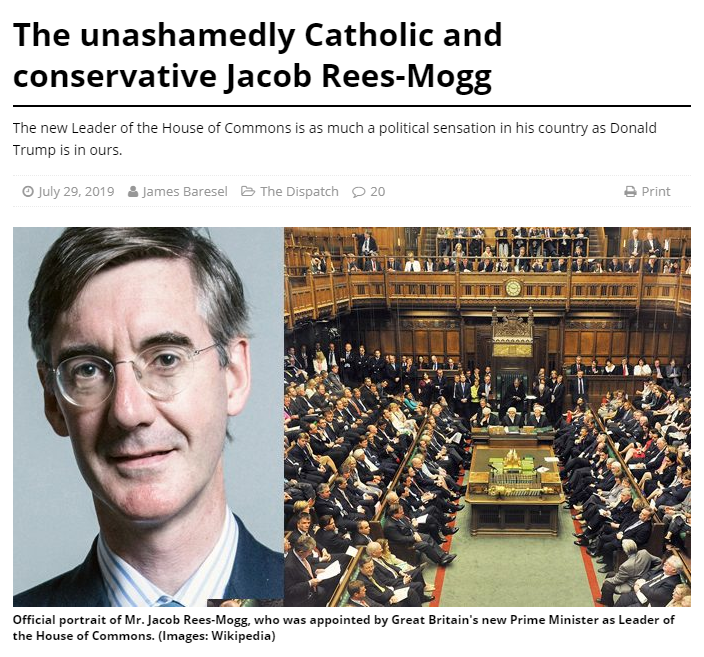
Many non-German fascists were just as nationalistic toward their countries as Hitler was toward his.
Fascist Italy & fascist Japan were allies of Germany during the war, & members of the British Union of Fascists & the German-American Bund, expressed admiration for Hitler.

Fascist Italy & fascist Japan were allies of Germany during the war, & members of the British Union of Fascists & the German-American Bund, expressed admiration for Hitler.


Many fascist ideas derived from the reactionary backlash to the progressive French revolutions of 1789, 1830, 1848 (across Europe), & 1871 and to the secular liberalism & social radicalism that accompanied these upheavals. 
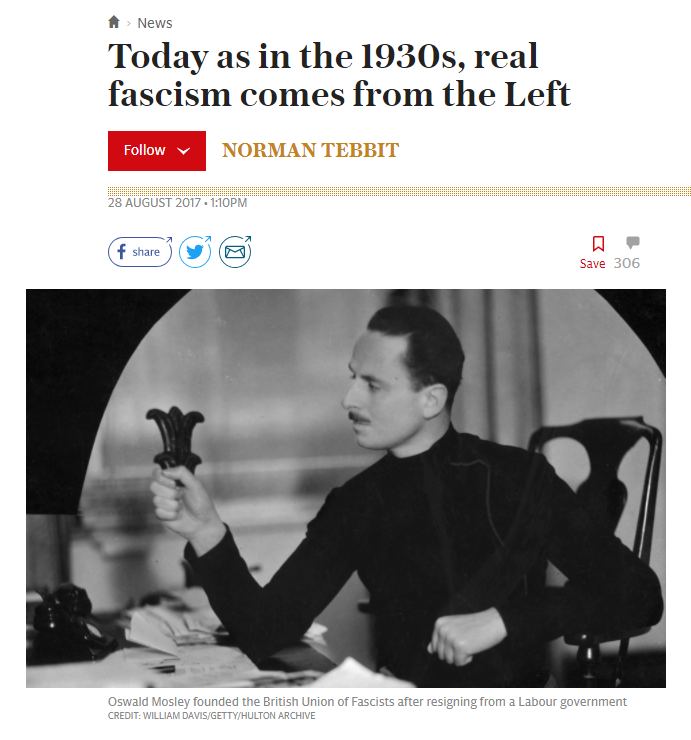
Racial Darwinists such as Vogt, Haeckel, Treitschke, Langbehn, Lagarde, & Chamberlain glorified the survival of the fittest, scolded humanitarians for attempting to protect the racially unfit, and rejected the idea of social equality. 



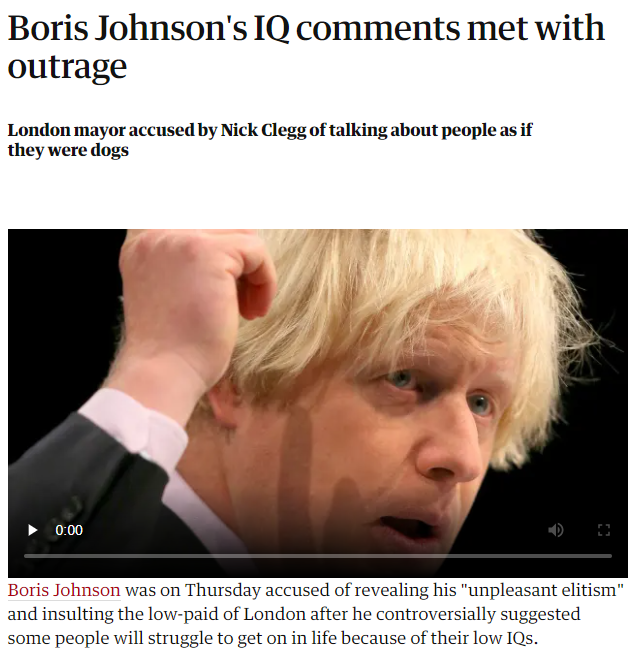
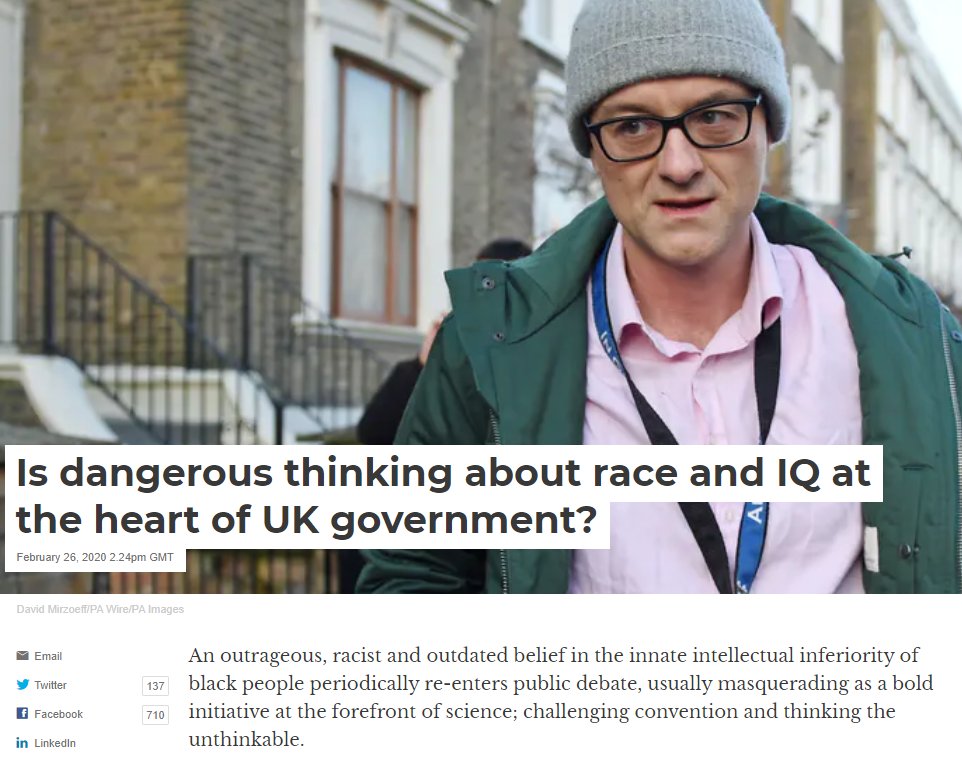
HS Chamberlain saw no reason to give inferior races equal rights. Treitschke raged against progressive values of #democracy, #socialism, & #feminism (now replaced by "woke"), insisted that might made right, & praised imperialism (“Brave peoples expand, cowardly peoples perish”). 


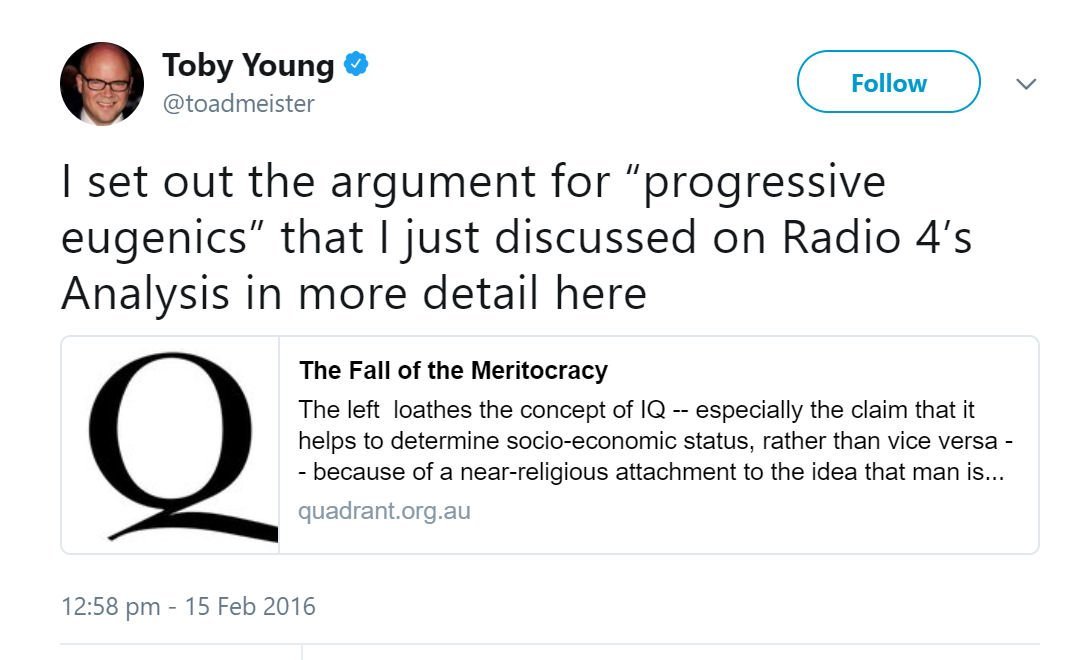
John Weiss noted that “the press & popular magazines of Germany & Central Europe had fed a steady diet of racial nationalism to the public since the last quarter of the nineteenth century, & anti-Semitic stereotypes were nothing if not commonplace in German mass culture.” 
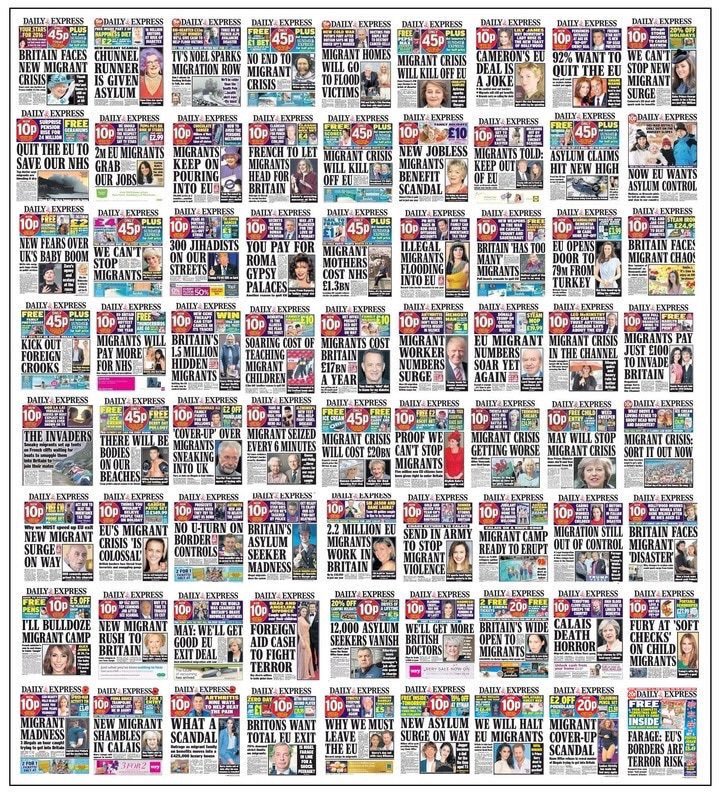
Despite their long history in European thought, fascist ideas prospered politically only when perceived economic threats increased their appeal to members of certain social groups.
In 1928, before the Great Depression in Germany, Hitler received less than 3% of the vote.
In 1928, before the Great Depression in Germany, Hitler received less than 3% of the vote.
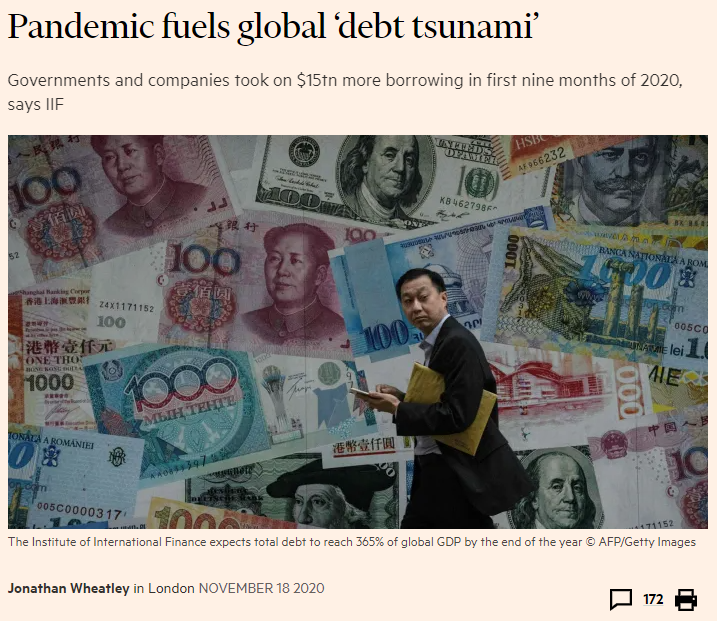
The economic anxiety underlying the success of Nazism was reflected to some extent in party membership, which was drawn disproportionately from economic elites and other high-status groups—especially for leadership positions. 

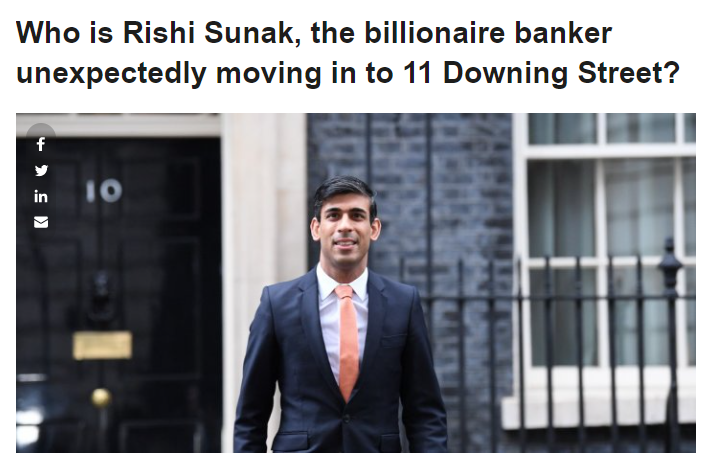

Although in principle there were significant differences between fascism & nonfascist conservatism, the two camps shared many of the same goals, which in times of crisis led some non-fascists to collaborate with fascists. 


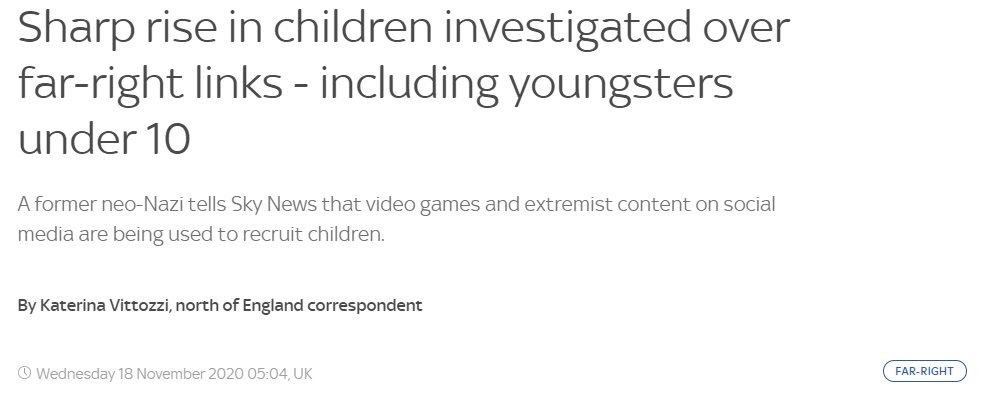


“Any study of fascism which centers too narrowly on the fascists & Nazis alone may miss the true significance of right-wing extremism... aristocratic landlords, army officers, Govt & civil service officials, & important industrialists" helped bring fascists to power. (Weiss). 
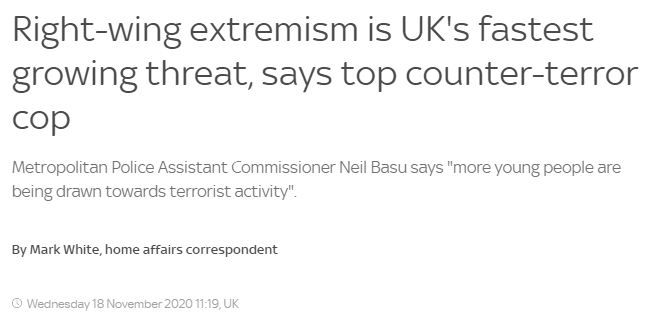
During the Great Depression, thousands of middle-class conservatives fearful of the growing power of the Left abandoned traditional right-wing parties & adopted fascism.
The ideological distance traveled from traditional conservatism to Nazism was sometimes small.



The ideological distance traveled from traditional conservatism to Nazism was sometimes small.
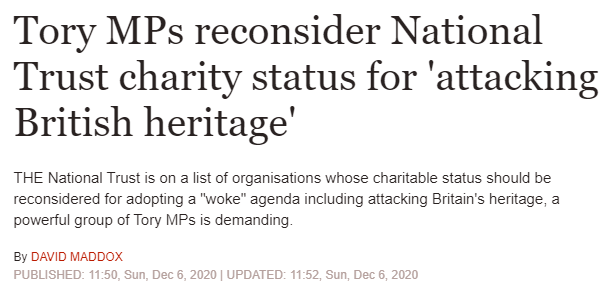
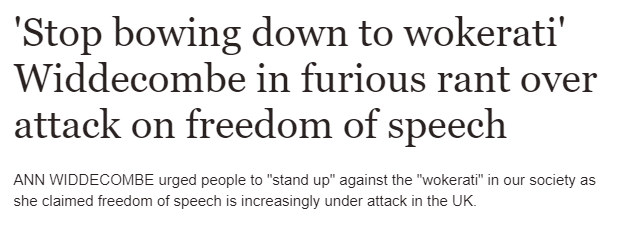


In Italy thousands of landowners & businessmen were grateful to Mussolini’s Blackshirts for curbing the socialists in 1920–21, & many in the army and the Catholic church saw fascism as a bulwark against communism. 
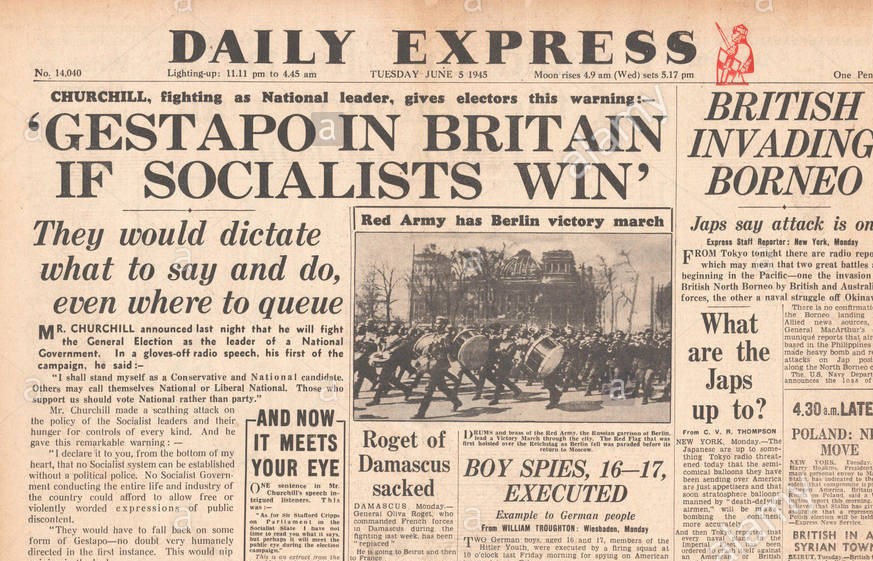
In the 2010s, right-wing populist & neofascist parties & movements have enjoyed a surge of popularity.
In Germany in 2017, the far-right party Alternative for Germany which adopted an overtly anti-Islamic platform, became the second most popular political party in Germany.
In Germany in 2017, the far-right party Alternative for Germany which adopted an overtly anti-Islamic platform, became the second most popular political party in Germany.
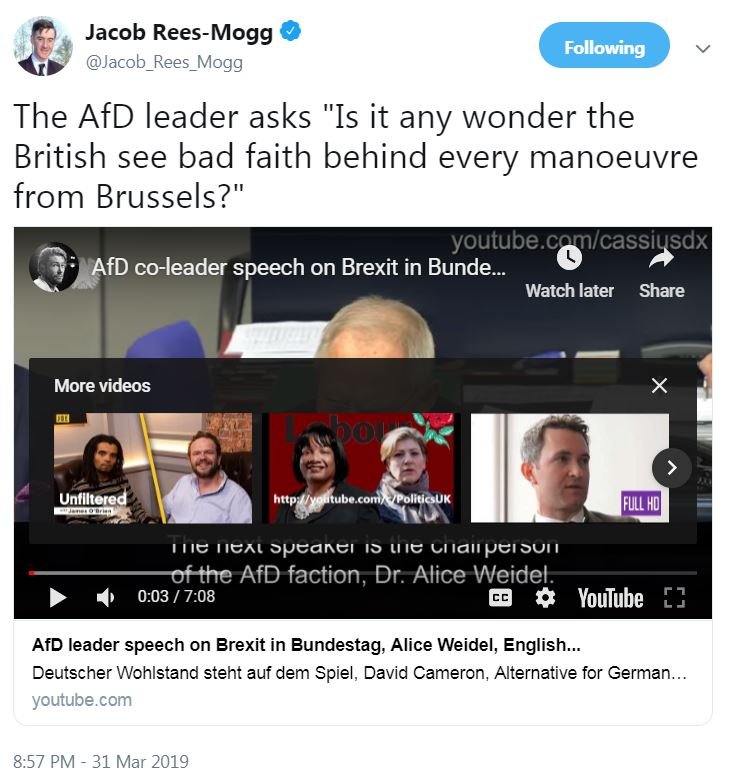
Following WWII, scholars of fascism adopted various terms to describe some contemporary political parties & leaders who were not clearly fascist/neofascist but who displayed some characteristics of historical fascist movements & regimes, for example Trump, Farage & Johnson. 
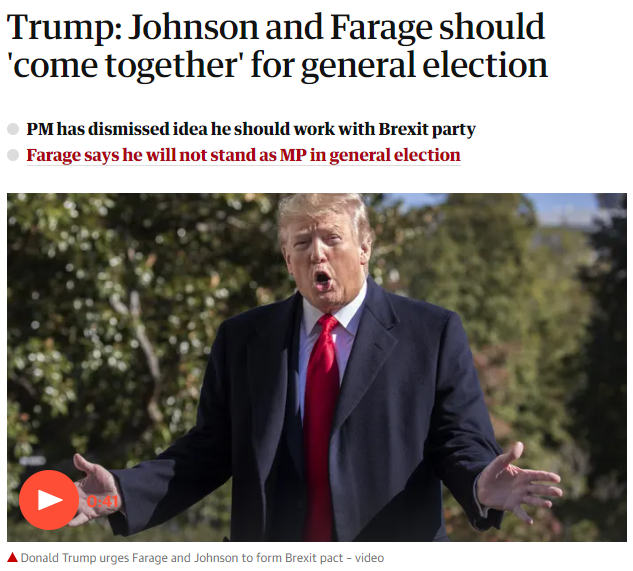
Farage, Trump, Johnson, Laurence Fox, the right-wing press, the contrarians at Spiked, the libertarian funded 'think-tanks' like the Atlas Network & the Cato Institute, the endless 'pundits' such as Darren Grimes & David Starkey, they all promote a similar nationalist ideology: 
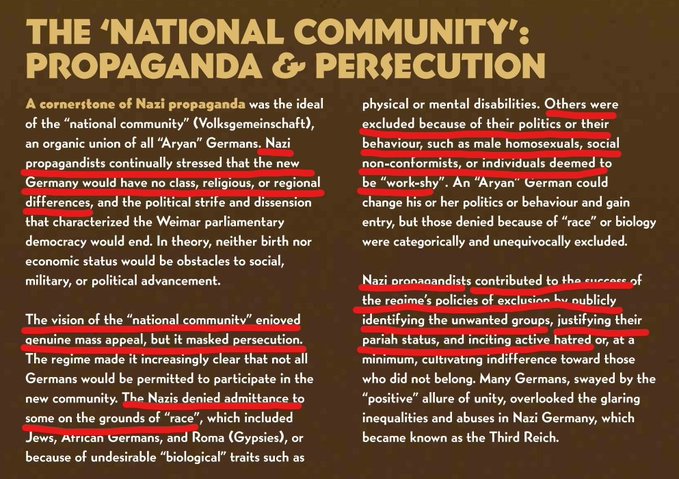
Scholars apply the labels “quasi-fascist,” “proto-fascist,” “semi-fascist,” & “borderline fascist" - the latter label referring to leaders whose behaviour & attitudes resemble those of historical fascist leaders in some respects. 
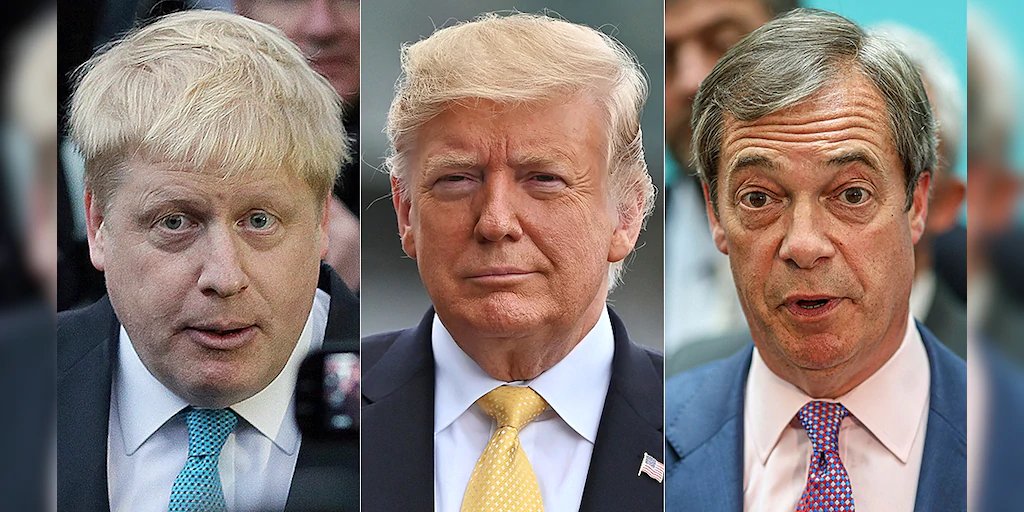
Those similarities included contempt for truth, democratic values & the rule of law, demagoguery, appeals to racism, incitements to mob violence, attacks on the legitimacy of the press & of established institutions of government, & the exploitation of scapegoats.
Sound familiar?
Sound familiar?
Democracy is the proverbial frog in a pot of boiling water, slowly becoming hotter: we're boiling RIGHT NOW because of the institutional failures & corruption & greed that got us here. Add almost unlimited technological & financial resources used to push this ideology, &, well,😱 
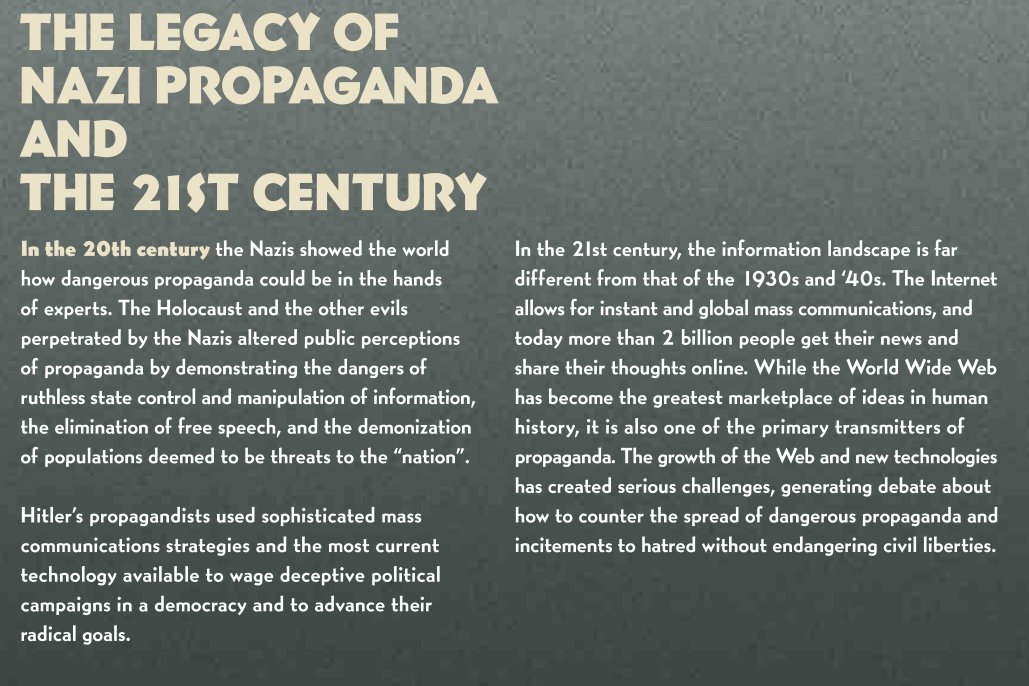
“As we face greater and greater issues of social complexity, we have to hold on to the ability to be rational. Because if we lose that, all we have is a tide swell of emotion, which is uncontrollable, and will take us to places we really don’t want to go.” - Prof Chas Critcher.
This THREAD is based on the Professor Emeritus of History at Oberlin College, Robert Soucy's entry on #Fascism in the Encyclopaedia Britannica.
The quote at the end is from Professor Chas Critcher (Policing the Crisis; Moral Panics in the Media) & is from a different context.👍
The quote at the end is from Professor Chas Critcher (Policing the Crisis; Moral Panics in the Media) & is from a different context.👍
• • •
Missing some Tweet in this thread? You can try to
force a refresh


